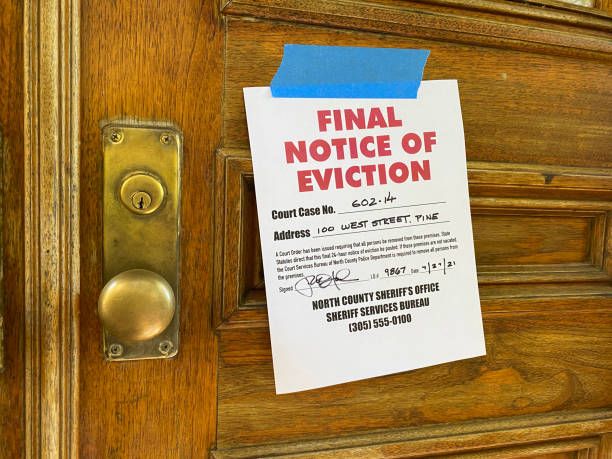Did you know there’s a quiet eviction crisis unfolding across America?
Recent data reveals a troubling surge in evictions across major cities like Atlanta, Las Vegas, and Phoenix.
According to the Eviction Lab at Princeton, evictions are up 35% to 46% compared to pre-pandemic levels in these areas.
What’s Driving This Trend?
- Soaring Rents: Rents for houses and apartments nationwide rose 30% in the four years spanning 2020 to 2023. Many tenants are struggling to keep up with this sharp acceleration in housing costs.
- Eviction Automation: Property management software has streamlined eviction filings, reducing room for negotiation or discretion from landlords.
- Housing Shortages: A critical lack of affordable options, especially in rapidly growing Sunbelt cities.
- End of Pandemic Protections: The expiration of COVID-era eviction moratoriums.
Unsurprisingly, low-income renters and communities of color are disproportionately bearing the brunt of this crisis. Sharp rent increases have pushed many to the edge of affordability, exacerbating existing economic disparities and housing insecurity.
Current Responses and Their Limitations
To address the surge in evictions, some cities are implementing protective measures like legal representation for tenants. This may be a necessary stop-gap measure but the long-term consequences of widespread displacement remain a serious concern.
Innovative Approaches
While there’s no single (or simple) solution to this complex issue, innovative approaches are emerging. Companies like Flex – whose compliance team is led by the incomparable Chelsea K. – are developing tools that allow renters to pay incrementally instead of in one lump sum. Many low-income households have irregular income streams, making large monthly rent payments challenging. By enabling tenants to pay in smaller, more frequent installments, they can better align rent payments with their income cycles, reducing the likelihood of missed payments and evictions. This flexibility helps tenants maintain financial stability and avoid the potential displacement associated with rent arrears.
Call to Action
What other solutions can we explore to tackle America’s growing eviction crisis? Share your thoughts in the comments below!




